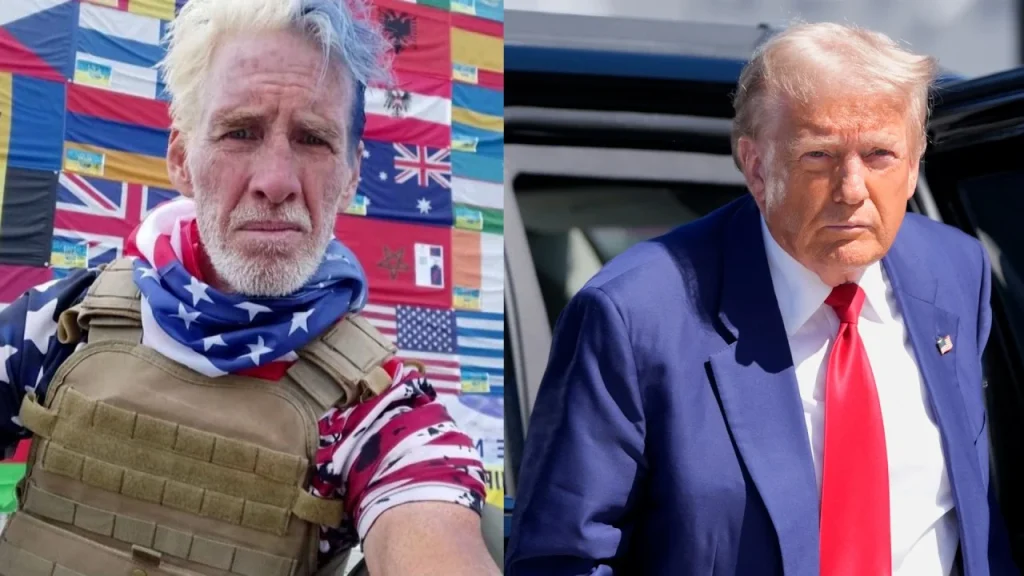The US Secret Service has revealed a series of security failures following its review of the attempted assassination of former President Donald Trump at a rally in July.
Shooter Thomas Matthew Crooks opened fire from a nearby rooftop at the outdoor event, narrowly missing Trump, who sustained a wound to his right ear. The rally, held in Butler, Pennsylvania, was part of Trump’s campaign for the Republican presidential nomination.
Acting Secret Service Director Ronald Rowe Jr. acknowledged deficiencies in both the advance planning and its execution during a press briefing. He stated that while some members of the security team acted diligently, there was complacency on the part of others, which led to a breach of security protocols.
Among the issues identified in the review were breakdowns in communication with local law enforcement, an over-reliance on mobile devices, which caused information to be compartmentalised, and unaddressed line-of-sight vulnerabilities at the venue. Rowe highlighted a critical moment when, at 18:10 local time, a call was made to the Secret Service’s security room to alert them to an individual on the roof of the AGR building. However, this information was not relayed via the Secret Service radio network.

Three rally attendees were hit by gunfire, including 50-year-old firefighter Corey Comperatore, who later died from his injuries. Crooks was fatally shot on the rooftop by Secret Service agents.
The incident prompted the resignation of Secret Service Director Kimberly Cheatle, and several agents involved in the planning and execution of the event have since been placed on administrative leave.
Rowe noted that the Secret Service needs increased funding, personnel, and equipment to undergo what he called a paradigm shift from a state of reaction to a state of readiness. In response, a Congressional task force investigating the attempted assassination urged Rowe to hold staff accountable and fully cooperate with its independent inquiry. “Complacency has no place in the Secret Service,” the task force said in a statement.
On the same day, the US House of Representatives unanimously passed a bill that would extend the same level of protection given to sitting presidents and vice presidents to presidential candidates. The bill now awaits approval in the Senate and President Joe Biden’s signature to become law.
Trump has since been provided the same security detail as the sitting president, a necessity underscored by a second assassination attempt at his golf course in West Palm Beach, Florida, last weekend. In this case, the gunman was apprehended before firing any shots.
In the wake of the incidents, Trump has used the assassination attempts to criticise President Biden and Vice President Kamala Harris, accusing them of fuelling anti-Trump sentiment with rhetoric about his alleged threats to democracy. Both Biden and Harris have condemned the assassination attempts and any form of political violence, with Biden calling for Congress to provide additional resources to strengthen the Secret Service.


